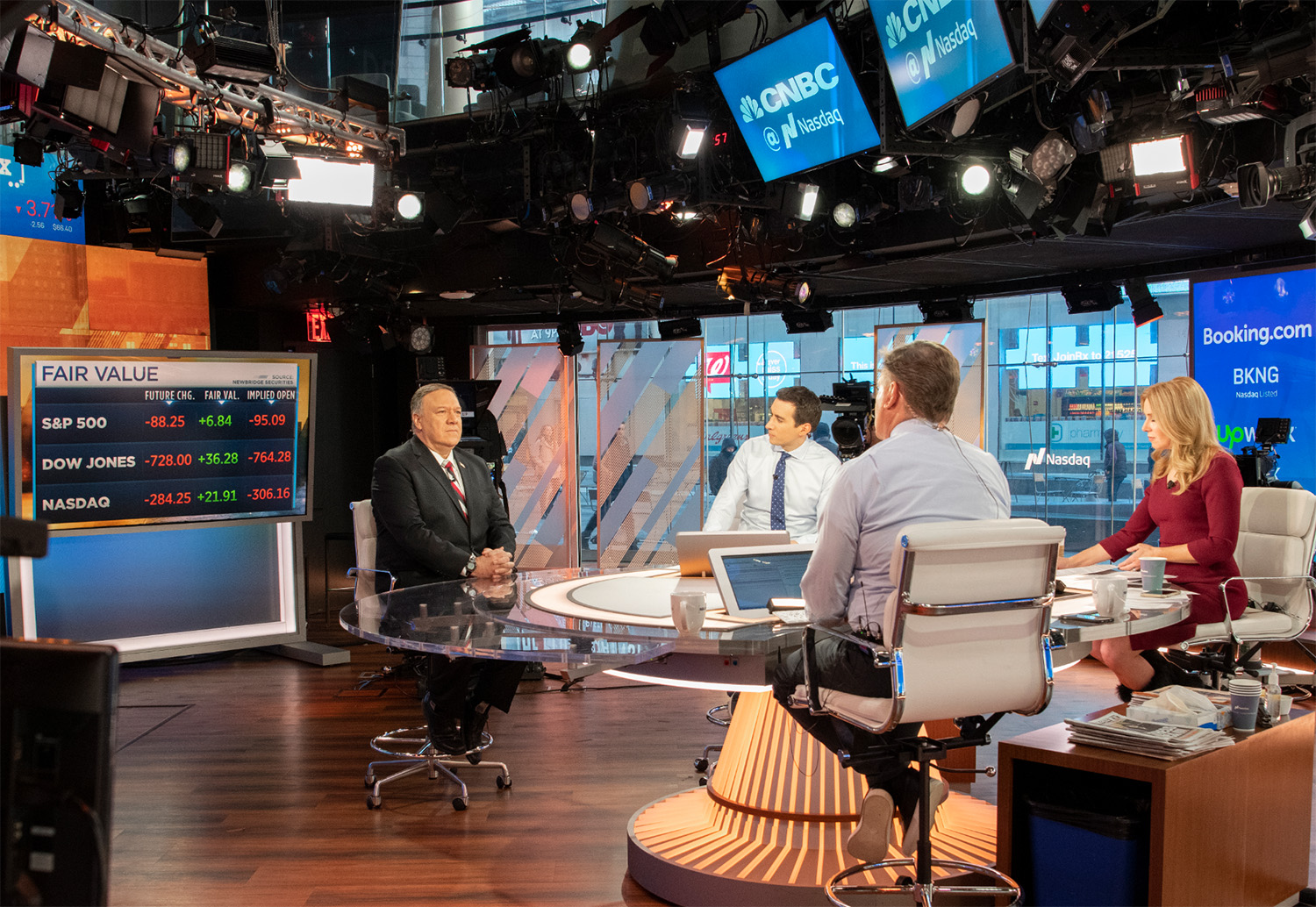 Yesterday, Today & Tomorrow: Mobile Economy, FinTech, Covid, Remote, Crypto, AI, What’s Next (2010-2030)
Yesterday, Today & Tomorrow: Mobile Economy, FinTech, Covid, Remote, Crypto, AI, What’s Next (2010-2030)
The history of business in America from 2010 to the present is characterized by significant technological advancements, economic shifts, policy changes, and cultural influences. Many of these advancements are paving the path for the next 10 years and beyond. Here are some key trends and events that have shaped business during this period and paths pointing to the future:
Recovery from the Great Recession:
The American economy struggled to recover from the Great Recession of 2008-2009 during the early part of the decade. However, by the mid-2010s, the economy began to show signs of improvement, with steady GDP growth, declining unemployment rates, and increasing consumer confidence.
Rise of Tech Giants:
Companies like Apple, Google (now Alphabet Inc.), Amazon, Facebook, and later, companies like Uber, Airbnb, and Netflix continued to dominate the business landscape. These tech giants revolutionized industries such as retail, entertainment, transportation, and communication, often disrupting traditional business models.
E-commerce Boom:
Online retail grew exponentially, with e-commerce giants like Amazon becoming increasingly dominant. The convenience of shopping online, coupled with improvements in logistics and delivery, transformed the retail sector and forced brick-and-mortar retailers to adapt or face decline.
Sharing Economy:
The sharing economy emerged as a prominent trend, with platforms like Uber, Lyft, Airbnb, and TaskRabbit changing the way people accessed transportation, accommodation, and various services. These platforms facilitated peer-to-peer transactions and provided opportunities for individuals to monetize their assets and skills.
Renewable Energy and Sustainability:
There was a growing emphasis on sustainability and renewable energy in business practices. Companies began to invest more in renewable energy sources like solar and wind power, while also implementing eco-friendly initiatives and promoting corporate social responsibility.
Rise of Cryptocurrencies and Blockchain Technology:
The popularity of cryptocurrencies like Bitcoin soared, attracting both investors and speculators. Blockchain technology, the underlying technology behind cryptocurrencies, gained attention for its potential applications beyond finance, including supply chain management, identity verification, and smart contracts.
Healthcare Reform and Pharmaceutical Industry:
The Affordable Care Act (ACA), signed into law in 2010, brought significant changes to the healthcare industry, expanding access to healthcare coverage for millions of Americans. The pharmaceutical industry faced scrutiny over drug pricing practices, leading to debates about healthcare affordability and access.
Trade Wars and Tariffs:
The Trump administration’s trade policies, including the imposition of tariffs on imports from countries like China, led to trade tensions and uncertainty for businesses reliant on international supply chains. These policies prompted discussions about the future of globalization and free trade agreements.
Gig Economy and Freelancing:
The gig economy continued to grow, with more people opting for freelance work and flexible employment arrangements. Platforms like Upwork, Freelancer, and Fiverr provided opportunities for individuals to offer their skills and services to a global market.
COVID-19 Pandemic:
The COVID-19 pandemic, which began in late 2019 and extended into 2020 and beyond, had a profound impact on businesses worldwide. Lockdowns, supply chain disruptions, and changes in consumer behavior forced businesses to adapt quickly, with many transitioning to remote work and digital operations.
Remote Work:
Since 2010, remote work has experienced a notable evolution, driven primarily by advancements in technology and shifting attitudes towards work-life balance. The widespread availability of high-speed internet, cloud computing, and collaboration tools like Slack and Zoom have made remote work increasingly feasible and efficient. Companies such as Buffer and Automattic have championed remote-first cultures, demonstrating that distributed teams can be highly productive. The COVID-19 pandemic further accelerated the adoption of remote work, with many businesses transitioning to remote setups to ensure continuity during lockdowns. This shift has led to a reassessment of traditional office structures and paved the way for a hybrid approach to work in which employees have greater flexibility in where and how they work.
Financial Technology (FinTech) Since 2010, the landscape of financial technology, or fintech, has experienced a profound evolution. With the advent of smartphones, artificial intelligence, and blockchain technology, the industry has burgeoned. Innovations like Square’s payment processing for small businesses and peer-to-peer lending platforms such as LendingClub and Prosper have disrupted traditional banking models. Cryptocurrencies like Bitcoin have sparked interest in blockchain technology and digital assets. Fintech has democratized access to financial services, introducing mobile banking, robo-advisors, and crowdfunding platforms. However, regulatory challenges and concerns over data privacy have accompanied fintech’s rise, prompting governments to adapt regulations. Despite obstacles, collaborations between traditional financial institutions and fintech startups continue to drive innovation and expand financial inclusion globally.
Since 2010, the landscape of financial technology, or fintech, has experienced a profound evolution. With the advent of smartphones, artificial intelligence, and blockchain technology, the industry has burgeoned. Innovations like Square’s payment processing for small businesses and peer-to-peer lending platforms such as LendingClub and Prosper have disrupted traditional banking models. Cryptocurrencies like Bitcoin have sparked interest in blockchain technology and digital assets. Fintech has democratized access to financial services, introducing mobile banking, robo-advisors, and crowdfunding platforms. However, regulatory challenges and concerns over data privacy have accompanied fintech’s rise, prompting governments to adapt regulations. Despite obstacles, collaborations between traditional financial institutions and fintech startups continue to drive innovation and expand financial inclusion globally.
Mobile Economy:
The widespread adoption of smartphones, faster mobile internet, and app development has revolutionized industries globally. Mobile commerce (m-commerce) has surged, enabling consumers to shop, bank, and access services conveniently. Apps like Uber and Airbnb have transformed transportation and hospitality, while mobile payment platforms such as Apple Pay and Google Pay have streamlined transactions. Social media giants like Facebook and Instagram have leveraged mobile advertising to reshape digital marketing. Additionally, mobile gaming has become a multibillion-dollar industry, captivating global audiences. This rapid growth has fueled innovation, disrupted traditional models, and ushered in a new era of digital connectivity.
Artificial Intelligence: In the early 1990s, IBM and Microsoft pioneered AI research, culminating in IBM’s Deep Blue defeating chess champion Garry Kasparov in 1997. The 2000s witnessed Google’s emergence, acquiring DeepMind in 2014, a catalyst for deep learning progress. IBM’s Watson triumphed in Jeopardy! in 2011, showcasing AI’s language prowess. Amazon, Facebook, and Tesla also made significant strides, notably in recommendation systems, social media algorithms, and autonomous driving. Recent years have seen rapid AI advancements, including OpenAI’s GPT-3 in 2020, Google’s BERT model in 2018 for natural language tasks, and OpenAI’s DALL-E in 2021 for image generation. AI-driven healthcare solutions, like those from IBM and NVIDIA, have gained traction in diagnostics and drug discovery. Nevertheless, ethical concerns persist, emphasizing the importance of responsible AI development and regulatory frameworks to balance societal benefits with risks.
In the early 1990s, IBM and Microsoft pioneered AI research, culminating in IBM’s Deep Blue defeating chess champion Garry Kasparov in 1997. The 2000s witnessed Google’s emergence, acquiring DeepMind in 2014, a catalyst for deep learning progress. IBM’s Watson triumphed in Jeopardy! in 2011, showcasing AI’s language prowess. Amazon, Facebook, and Tesla also made significant strides, notably in recommendation systems, social media algorithms, and autonomous driving. Recent years have seen rapid AI advancements, including OpenAI’s GPT-3 in 2020, Google’s BERT model in 2018 for natural language tasks, and OpenAI’s DALL-E in 2021 for image generation. AI-driven healthcare solutions, like those from IBM and NVIDIA, have gained traction in diagnostics and drug discovery. Nevertheless, ethical concerns persist, emphasizing the importance of responsible AI development and regulatory frameworks to balance societal benefits with risks.
These are just a few highlights of the complex and dynamic landscape of business in America from 2010 to the present. The period has been marked by innovation, disruption, and challenges, shaping the way businesses operate and interact with the broader economy and society, ultimately paving the path for future businesses and industry over the next 10 years.
Main Image Source: Generative AI | CNBC: Wikimedia Commons | FinTech: Wikimedia Commons
Content Sources: Original | Generative AI


